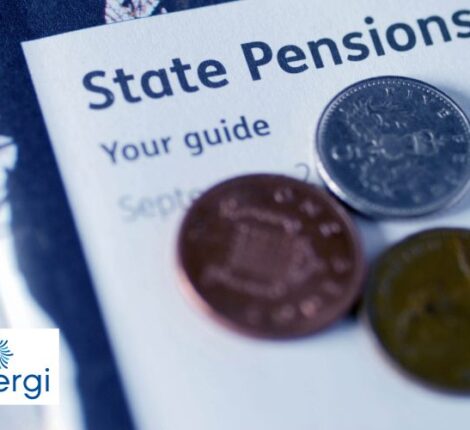- 26th September 2023
- News
- Comments : 0
The Court is Out For School – At a Hefty Price
Across Europe children are bidding farewell to the Summer sun and returning to school for another year, at an even greater financial cost to their parents.
For many expats, private fee-paying education is the only safe option to ensure a decent education for their children. A good education is one of the greatest and most important gifts a parent can bestow upon their child, so naturally every parent wants to ensure they make a good investment in their children’s future.
Barclays have revealed that the average private school fees have risen 3.8% per term in 2016 to £4,320. This means the average cost of sending a single child to fee paying school is £12,960 per year. Boarding schools are even more costly, with the average termly fee of £10,366 per child.
The Independent has also revealed the rising costs of private schooling. They report that school fees have risen 21% in the past 5 years, 8% above inflation. It is now estimated that sending a single child through private schooling throughout their education would cost around £160,000 in total. In the past 25 years school fees have risen a staggering 550%, whilst consumer prices have risen 200%.
In addition, UK university fees are now being risen above the £9,000 threshold, in line with inflation, providing the standard of teaching is demonstrably excellent. Thus, the cost of a private education for the current generation of children is becoming increasingly exorbitant.
The Importance of Financial Planning
The rising cost of education places an immeasurable burden upon parents. Parents fear not being able to either provide or maintain a high standard of education for their child, resulting in them either being unable to send their child to a fee-paying school, or be forced to withdraw their child and cause stress and disruption to their child’s education as a result.
Planning in advance, and continuing to save to ensure the security of your child’s education is of paramount importance. There are multiple methods in which to raise and save the necessary capital to provide a high-quality education for your child.
Short vs. Long Term
If you are need to save in a short time frame to meet payments, then reviewing your financial commitments and saving a regular portion of your income as cash savings can be an effective way of creating a regular budget for education spending.
In the longer-term investing in stocks and shares can provide larger returns which can provide you with a healthy income with which to support your child’s education. Whilst there is a larger risk attached, there is the potential for larger returns which can ease the financial burden through proper planning.
Grandparents can also make a valuable contribution through the use of bare trusts. This will release cash to the child once they reach adulthood, however in the meantime control of the trust remains with the trustee who can release capital to benefit the child e.g. through fund school fees.
Disclaimer: Any information or related news item displayed on this site is believed to be factual and up-to-date, but we do not guarantee its accuracy and it should not be regarded as a complete analysis of the subjects discussed or as advice in anyway and all users should seek independent advice before relying on any information or comment expressed within the site. All expressions of opinion reflect the views of their respective authors as of the date of publication and are subject to change. Use of Links (hyperlinks) to or from other internet sites may be included at times for the convenience of the user. Synergi Europe and its affiliates assume no responsibility for the content of any linked site. The fact that such links may exist does not indicate approval or endorsement of any material contained on any linked site.




